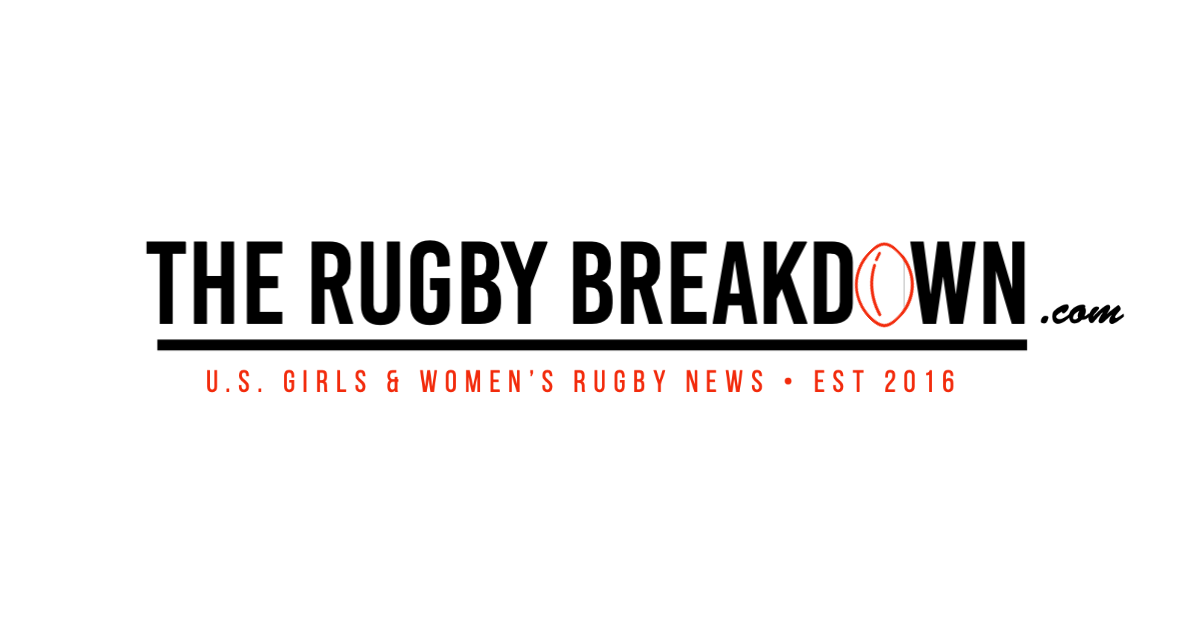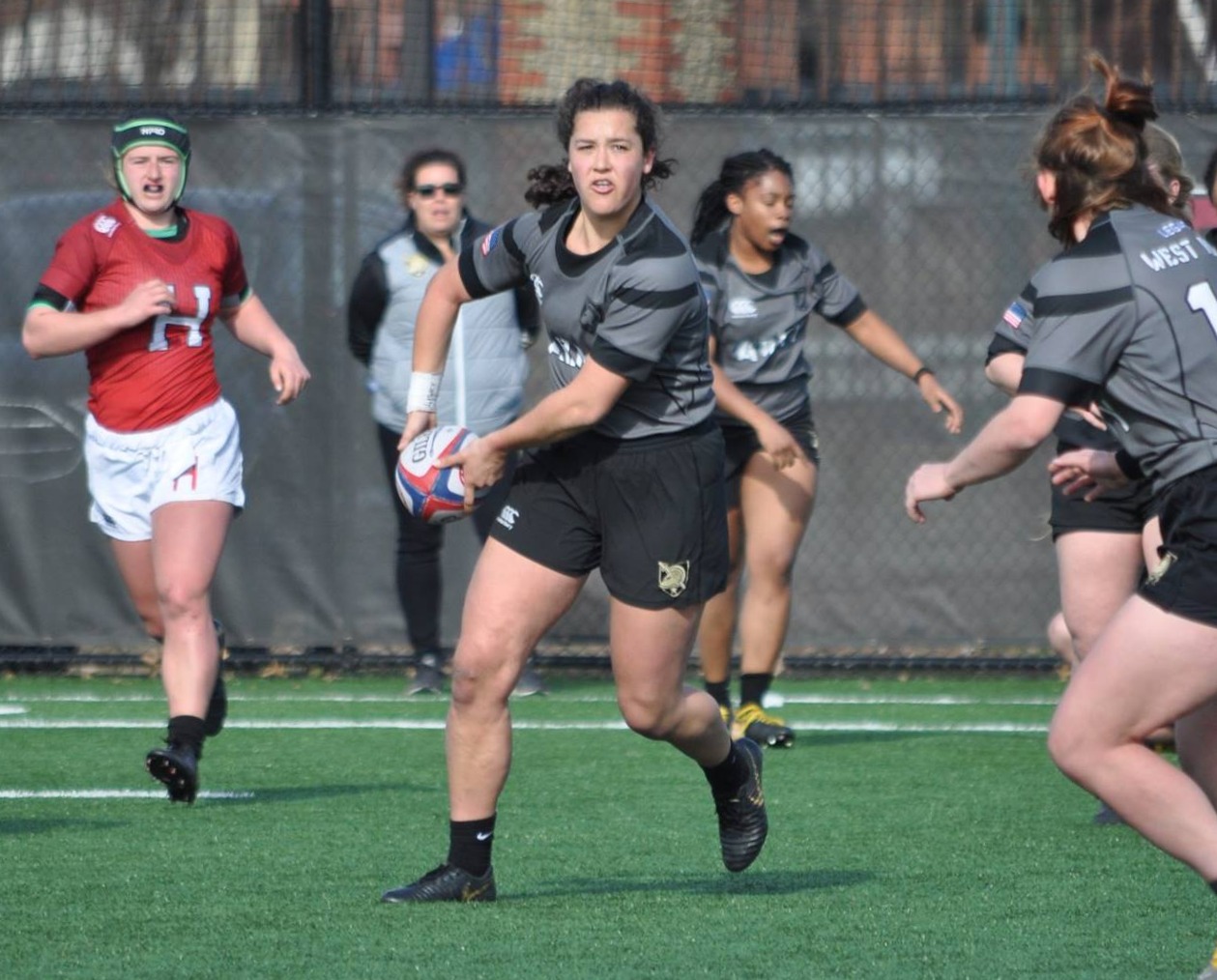Covid-19 impacts all aspects of life, and collegiate sports are vulnerable. Twenty-seven NCAA conferences want to relax the minimum-sports requirement for Division I status, and if that waiver is approved, then those cost-cutting actions could eliminate rugby – and many other sports – programs across the country. [Lead photo: Anne-Marie Lemal Brown]
DI Football Bowl Subdivision (FBS) schools must field at least 16 teams, with a minimum of six men’s and eight women’s teams. Division I schools must field at least 14 teams. Women’s rugby is an NCAA Emerging Sport and counts toward a school’s minimum requirement for teams.
On April 10, the Group of Five conference commissioners sent a letter directly to NCAA President Mark Emmert (and since then, 22 more conferences now support the following plea):
“In order to provide NCAA Division I institutions flexibility in addressing the challenges for the foreseeable future, we request temporary relief from several regulatory requirements for a period of up to four years. A blanket waiver for relief will provide institutions the ability to make prudent and necessary decisions for the financial well-being of the institution.”
In other words, if the minimum-sports requirement is relaxed, then women’s rugby teams at Brown University, Dartmouth College, Harvard University, Long Island University, Mount St. Mary’s University, Quinnipiac University, Sacred Heart University and the U.S. Military Academy are all vulnerable.
“At present this is relevant only to the D-I NCAA space right now, but if this passes it will have a massive knock-on effect for the other divisions and quite possibly for the future of NCAA women’s rugby,” explained Amy Rusert, commissioner of the National Intercollegiate Rugby Association (NIRA).
The Intercollegiate Coach Association Coalition (ICAC) formed in response to this threat. Today, 20 coaching associations have banded together to fight for the livelihoods of baseball, equestrian, field hockey, golf, gymnastics, ice hockey, lacrosse, rifle, rowing, rugby, soccer, softball, swimming & diving, tennis, volleyball, water polo and wrestling. In an open letter, ICAC delineates the many reasons why creativity, not cutbacks, is needed to preserve collegiate sports, and also considers the future revenue lost:
“Last year, NCAA Division I institutions provided educational opportunities for 141,483 students in Olympic sports. These are not just exceptional athletes, but outstanding students with graduation rates and donation rates higher than their non-athletic peers. These student-athletes generated $3.6 billion in tuition and fees to their universities, an amount nearly equal what it costs to provide these opportunities. … We respectfully request anything related to the discussion of the number of sports sponsored to follow the protocol of legislative procedure that allows for discussion and collaboration.”
ICAC launched a petition (sign it here) to halt these blanket waivers, and on April 24, Grace Calhoun, chair of the NCAA Division I Council, stated that relaxing minimum-sports requirements “is not in keeping with our values and will not be considered.” However, individual schools will be able to apply for waivers, and the NCAA Board of Governors has the power to overrule the Council’s ruling.
So, rugby and other non-revenue sports are far from safe. What can you do?
• Sign and share this petition: link. 100k signatures will catch the NCAA’s attention
• Aim social media messages at @NCAA and use the hashtag SaveOurSports
The sprintto40 NCAA varsity women’s rugby programs – a benchmark that will afford full NCAA championship status – is vulnerable, as are the opportunities for student-athletes who have been working so hard to play collegiate ball.


